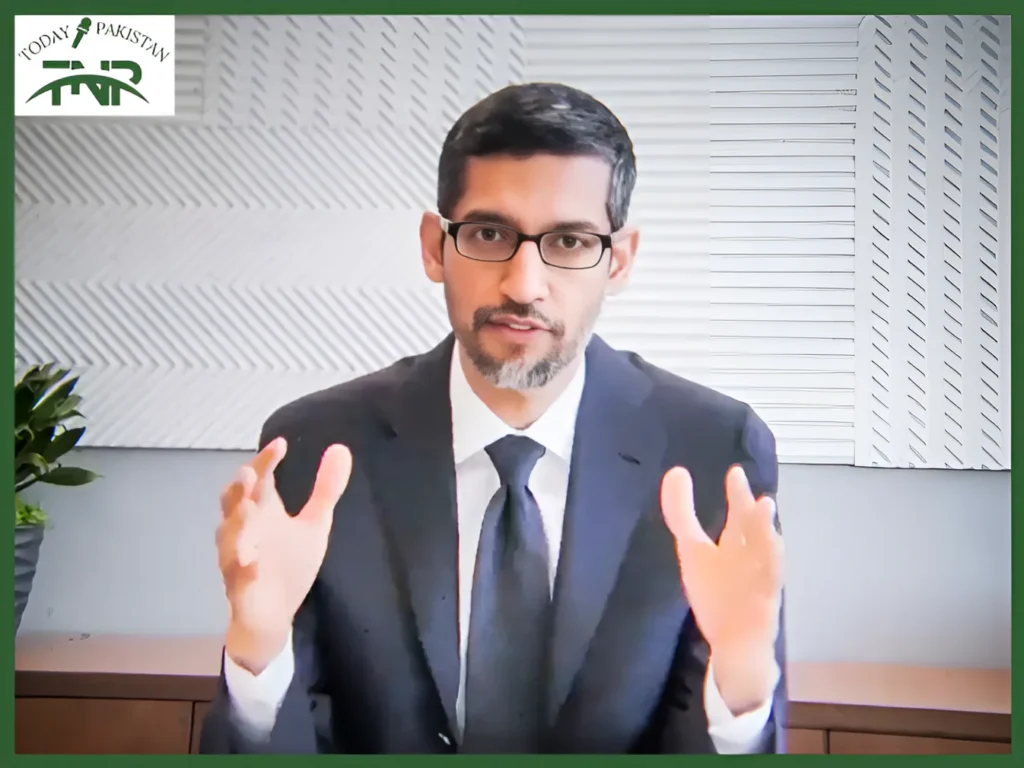
The prospect of the US government forcing Google to divest significant portions of its enterprise raises serious worries for clients, organizations, and the tech enterprise as an entire. With Google being a significant player within the search and advertising markets, any important adjustments to its structure may want to have an effect on how thousands and thousands of human beings get access to information and use digital services day by day. This scenario highlights ongoing fears about monopolistic practices and the importance of truthful competition in the technology sector.
Recently, the US government, The Justice Department (DOJ), alongside a coalition of state attorneys general, unveiled an ambitious plan that might fundamentally reshape one of the world’s largest technology companies. The DOJ has submitted a detailed 32-page report to the U.S. District Judge Amit Mehta, outlining various remedies aimed at curtailing Google’s alleged monopolistic behavior. If applied, those modifications would mark one of the most giant corporate breakups in nearly four decades.
The Context: A Landmark Antitrust Case
This proposal comes after Judge Mehta ruled in opposition to Google in a landmark antitrust case last August. The judge’s decision highlighted concerns approximately Google’s marketplace dominance and its impact on competition within the tech industry. As a result, the DOJ is now tasked with presenting solutions that would save Google from similarly consolidating its power in the marketplace.
The Suggested Changes
The DOJ’s framework presents Judge Mehta with a couple of options to not forget in addressing Google’s business practices. The proposed remedies target 4 key areas:
- Search Distribution
- Data Access and Usage
- Extending Search Monopoly
- Advertising Practices
Search Distribution: The US government, DOJ indicates ending or limiting Google’s default search agreements, pre-installations, and revenue-sharing offers. This means that Google ought to separate services like Chrome, Play, and Android from its core search business. By doing so, the DOJ hopes to encourage more opposition in search distribution, permitting customers to explore alternatives more easily.
Data Access and Usage: Another critical aspect of the proposal is the requirement for Google to share its enormous search index and information with competitors. This would include its algorithms and AI models, playing field for smaller companies that struggle to compete with Google’s resources. Increased transparency in search results and ad ranking indicators is also part of this push, ensuring that users recognize how information is prioritized.
Extending Search Monopoly: The DOJ desires to limit Google’s potential to use contractual agreements that restrict competitors’ access to net content. This proposal additionally emphasizes content material creators’ rights, suggesting that publishers need to have the choice to choose-out of having their content used for AI training. This shift should empower creators and promote a more healthy digital environment.
Advertising Practices: The DOJ’s recommendations extend to Google’s marketing dominance as nicely. The proposal indicates scaling back or restructuring the organisation’s advanced advertising merchandise, particularly those driven by using AI. Increased transparency in the advertising process is also a concern, with calls for Google to provide detailed data on auctions and monetization to advertisers. This ought to assist smaller advertisers better recognize how to compete in the ad space.
Read More Blogs:
CM Maryam Launches Punjab Honahar Merit Scholarship for Students
Gold Rate in Pakistan Falls for Third Time This Week as Record Run Cools Down
Google’s Response
In response to these sweeping guidelines, Google has classified them as “radical and sweeping.” The company argues that such measures ought to lead to “negative unintentional effects for American innovation and America’s consumers.” Google’s stance raises questions on the stability between law and innovation and highlights the challenges of navigating a complicated technological landscape.
Conclusion
The ability for the US government to force Google to sell off parts of its enterprise represents a pivotal moment in the ongoing struggle against monopolistic practices in the tech industry. While the DOJ’s proposals aim to promote competition and defend clients, in addition they raise concerns about the impact on innovation and the virtual surroundings as a whole. As Judge Mehta considers those far-achieving alternatives, the outcome should redefine the future of not just Google but the complete technology sector. For clients and corporations alike, the consequences of these modifications might be intently watched, as they may essentially modify how we interact with one of the most giant players in the digital age.
Get Curated Post Updates!
Sign up for my newsletter to see new photos, tips, and blog posts.






